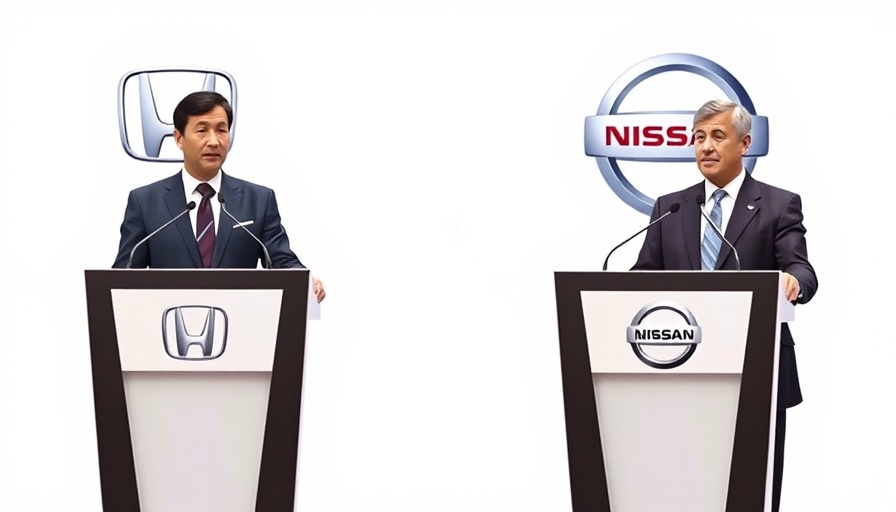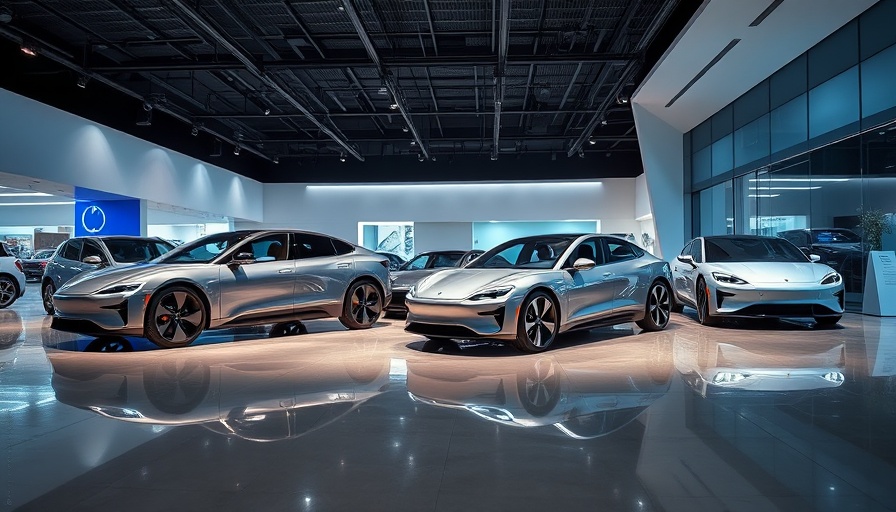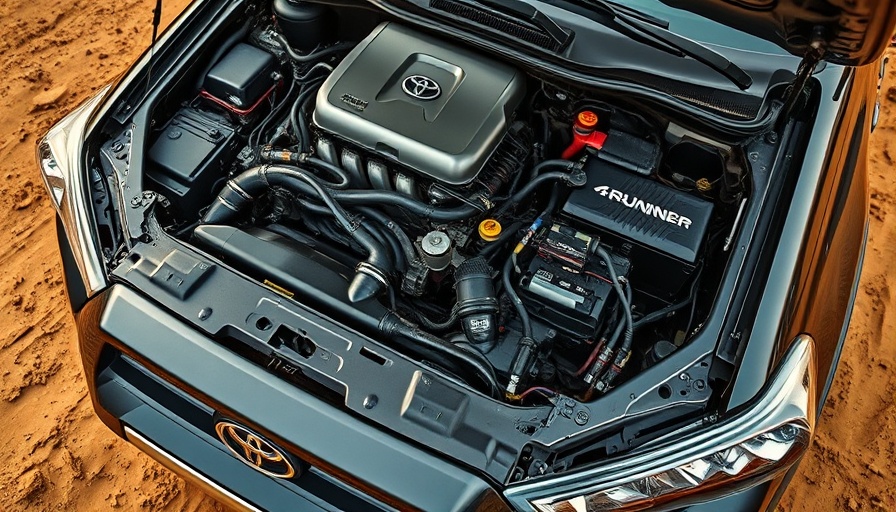
Exploring the Impending Honda and Nissan Merger: Strategic Alliances Against Global EV Giants
In a groundbreaking development for the auto industry, Honda and Nissan are reportedly on the brink of merger discussions. This potential alliance is motivated by the imperative to tackle the burgeoning competition posed by Tesla and emerging Chinese electric vehicle (EV) manufacturers.
A Unified Front: The Rise of a Potential Japanese Automotive Giant
Set to be orchestrated under a holding company, this merger could transform Honda and Nissan into a formidable opponent in the global automotive arena. The reported involvement of Mitsubishi as a potential third partner adds even more strength, considering the existing platform-sharing dynamic between Nissan and Mitsubishi, where Nissan already owns a significant 34% stake.
Meeting Electric Demands: A Perfect Opportunity for Shared Innovation
With the global pivot towards electrification, both Honda and Nissan are recalibrating their strategies. Honda's imminent launch of the 0 Series and Nissan's upcoming models, including a new Leaf and larger vehicles set for Mississippi production, signify their commitment to EV evolution. Hybrids also present a vital synergy point; Honda’s two-motor hybrid system might replace Nissan's e-Power, marking a critical upgrade in hybrid technology for both automakers.
Financial Survival: A Necessary Lifeline for Nissan
Nissan's current financial turmoil underscores the urgency of this merger; the company recently announced significant layoffs along with a reduction in production capacity due to falling sales in key markets like the U.S. and China. Therefore, the merger not only represents technological advancement but also a strategic financial lifeline that may bolster Nissan's operations and market presence.
Future Predictions and Trends: What Does the Merger Mean For the Auto Industry?
This transformative merger represents more than just a collaborative effort; it signals a broader trend of consolidation in the automotive industry, driven by the necessity to innovate and scale efficiently. As these automakers aim to climb past Toyota and Volkswagen in sales volume, the move may herald further alliances as competitors aim to optimize their foothold in the EV market.
 Add Row
Add Row  Add
Add 




Write A Comment